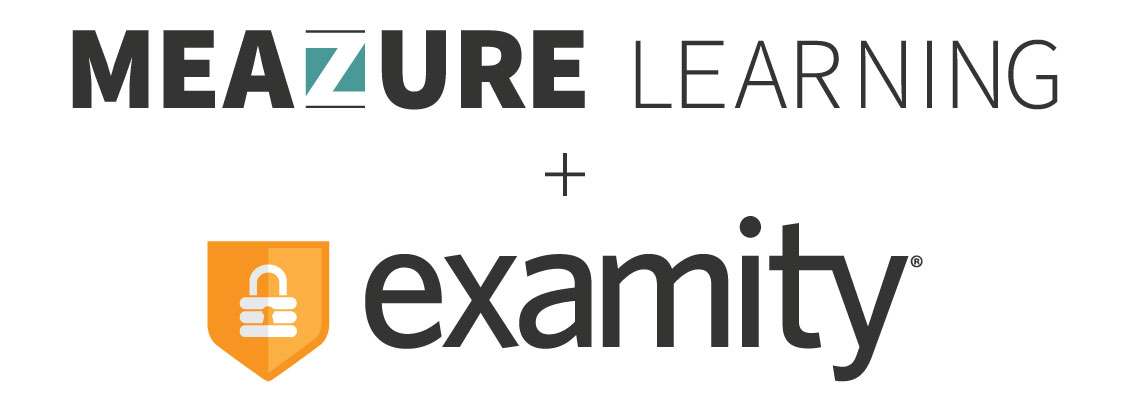Effective Studying Strategies for Your Exams
Working towards a degree or certification? If the answer is yes, then you probably have important tests coming up that you need to study for. Here are some of the best strategies for studying for your exams and getting the score you want.
• Create a study planner
We advise making a study planner to help you stay on track. In your study planner, we suggest breaking down the bulk of what you need to study for into sections and then creating a timeline for when you’ll study each section. Make sure to study for sessions in an amount of time that works best for you, whether it’s 15 minutes or 1 hour. This can help you reduce stress and make the studying process more efficient.
In addition, outline achievable short-term and long-term goals in the planner. You could set a goal to finish a certain chapter by the end of the week, and then you could aim to get a 90% or better on all your tests.
• Spend an entire study session on a single unit, rather than trying to mix them together
Studying for multiple exams? It may be best to spend an entire study session focusing on a single unit or subject, rather than mixing them together. When you combine different units into a single study session, it can be difficult to truly grasp any one topic. This can lead to a lack of understanding and confidence when the time comes to take your exams. By dedicating an entire study session to a single unit or subject, you’ll be able to devote your full attention to it.
To help you study, we recommend taking a practice test if one is available. Taking a practice test can help you understand the material more thoroughly and better prepare you for your exam. Make sure to ask your test sponsor if practice exams can be made available on your Examity dashboard.
• Or, if that doesn’t work for you, try connecting topics and subjects
Sometimes, you might find it easier to study for multiple assessments at the same time when you can connect similar topics among different subjects. This is a proven method that helps with your memory and learning. Balancing equations in chemistry, for instance, might help you learn math formulas, because these both rely on logical reasoning skills. If you’re testing with Examity, you can find all the exams you’re enrolled to take on your Examity dashboard. Once you find out what exams you’re going to take, you can see if there are any commonalities between the material of the exams.
• Take notes
Jotting down notes can help you remember information better, especially when you write them instead of type them. A 2021 University of Tokyo study showed that writing down information using a pen or pencil triggers more robust activity in the brain and can lead to better memory.
• Don’t forget to take breaks
Make sure to take breaks when you need to, so you don’t burn out. Take a few minutes to relax and recharge before diving back into your studies. During your breaks, you can read more informative blogs like this one, and find more interesting content throughout Examity’s website.
• Try these different methods for improving your memory
Spend as much time as you can reviewing exam materials in ways that work best for you, such as making flashcards or watching videos about the material. Some proven methods to boost your memory when studying include:
• Spaced retrieval practice
Spaced retrieval practice, or spaced practice, is the process of spreading learning over time. It involves studying information more than once, but leaving adequate time between study sessions. That way, you aren’t forcing your brain to remember large volumes of information all at once, which can make memorization more difficult.
This is how you can engage in spaced practice:
- When you are first learning new material, try revisiting it within a day or so after.
- Then, review it again several days or a week later.
- Finally, when you are feeling more confident of your knowledge of that material, quiz yourself on it once a month.
• Chunking
Chunking is a cognitive strategy that involves breaking down large amounts of information into smaller units and then grouping the smaller units together into “chunks.” Cutting large bits of information down into smaller pieces can help you better understand it. Then, putting the smaller pieces back together to see the big picture, like a puzzle, makes the information easier to remember. For example, the phrase “Please Excuse My Dear Aunt Sally” is sometimes used for memorizing the acronym PEMDAS, which can help you remember the order of operations in math: Parentheses, Exponents, Multiplication, Division, Addition, Subtraction.
We hope that you found these studying tips useful. You can read more blogs like this here. Or, if you have questions about testing with Examity, please reach out to our test-taker support team.
Are you interested in learning more and furthering the conversation with us?
Please fill out the form below and we will be in contact shortly.

